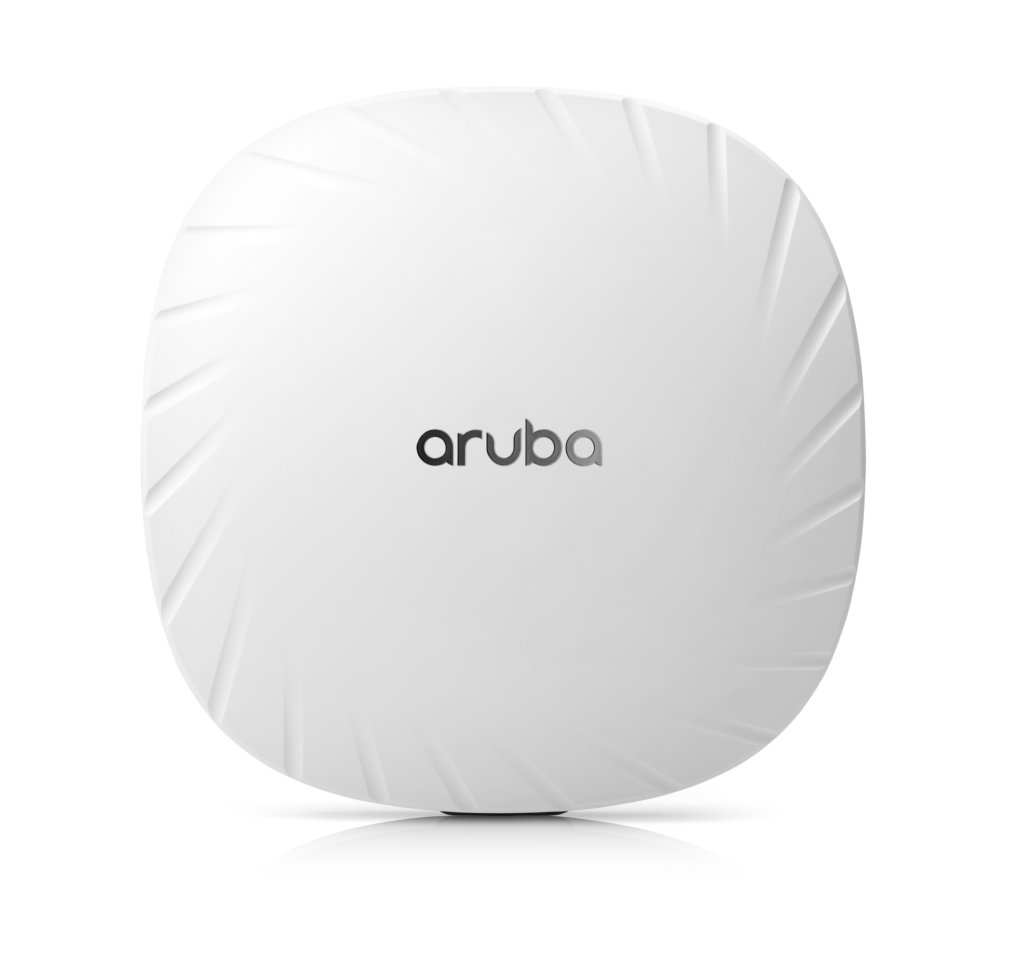Originally published on the Aruba Networks Blog, by Patrick LaPorte, November 13, 2018
Over the last decade, mobile has fueled unprecedented innovation. The economy is booming, and productivity has reached new heights. But the reality is that technology we use every day – mobile devices and applications included – consume an organization’s finite resources. With technology fueling customer experience and employee productivity across offices, schools and stores, organizations are always looking for ways to conserve energy and reduce costs.
Wi-Fi Goes Green
Many businesses automatically shut off lights, lower the temperature and power down monitors when people leave for the evening. Like other office technology, Wi-Fi access points only need to be powered on when people or devices are using them.

This same automated power savings can now be applied to APs. With Green AP mode, Aruba APs work in concert with Aruba NetInsight to transition APs into sleep mode when there’s no demand for connectivity in the area. The APs wake back up when users and devices return.
NetInsight uses predictive analytics and machine learning to identify usage patterns that are unique to every environment. After a brief learning period, NetInsight can predict when demand for an AP stops and starts. In an office, for example, Wi-Fi usage generally occurs Monday through Friday, 8am to 6pm. On a university campus, students are heavy-duty Wi-Fi consumers in classrooms and labs, but at night, consumption has shifted to the dorms. And because NetInsight is always learning, if usage patterns change, the APs will adjust accordingly.
Green AP mode can cut electricity usage from about 21 watts at full PoE power to just 6 watts in sleep mode, resulting in a savings of more than 70 percent. In a small office, the savings might seem slight, but every bit adds to the bottom line. And in a large campus environment, the savings multiply.
Green APs reduce power consumption, save money and foster a more sustainable environment—all without impacting the user experience. That’s good for the environment—and your bottom line.
